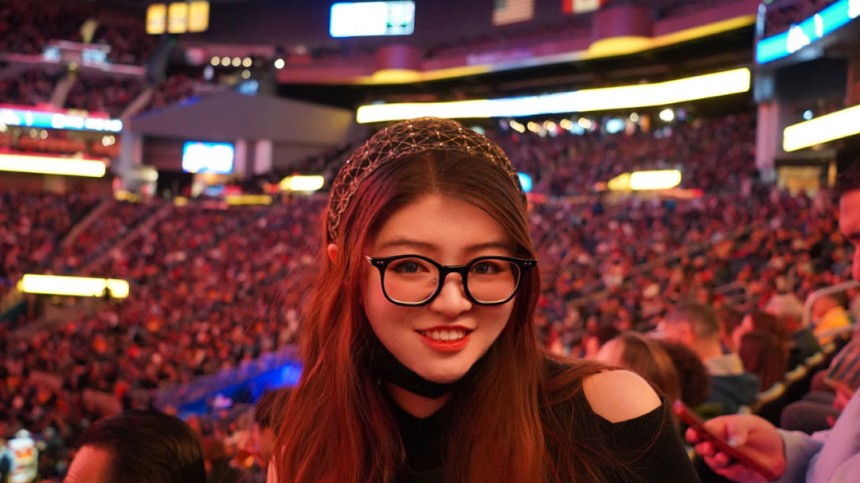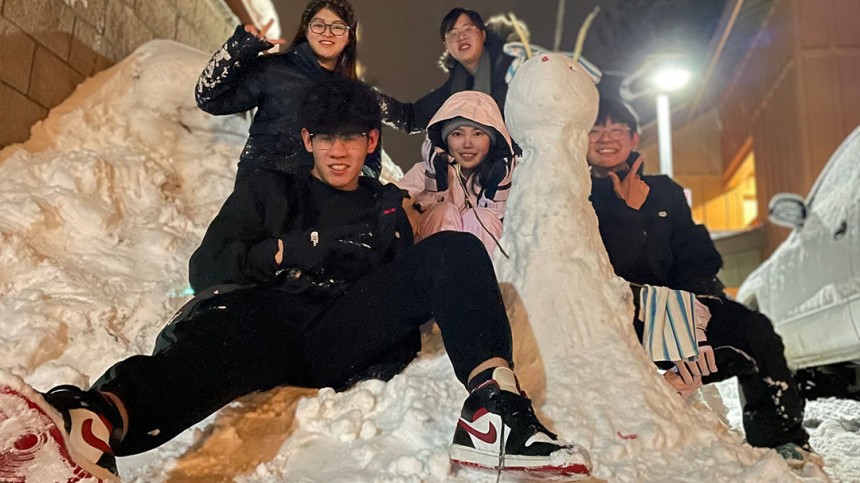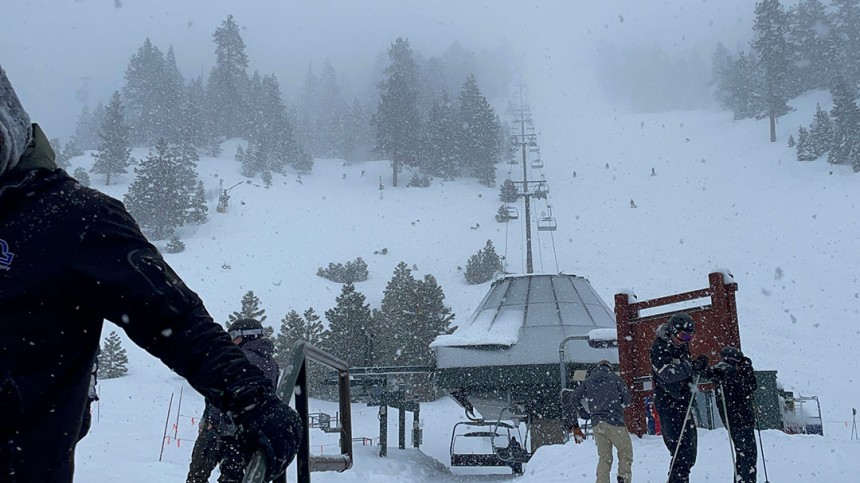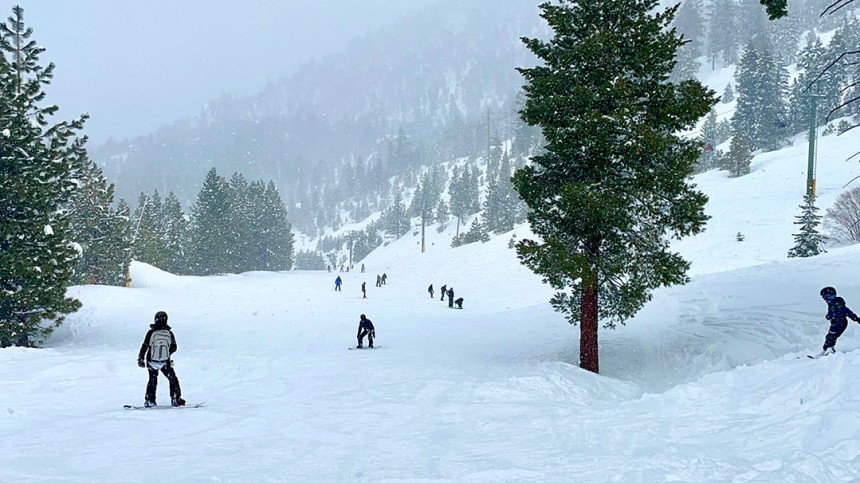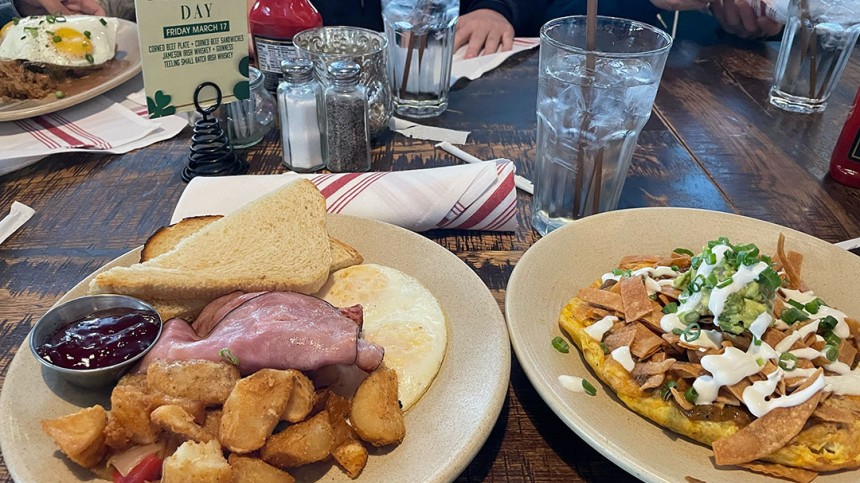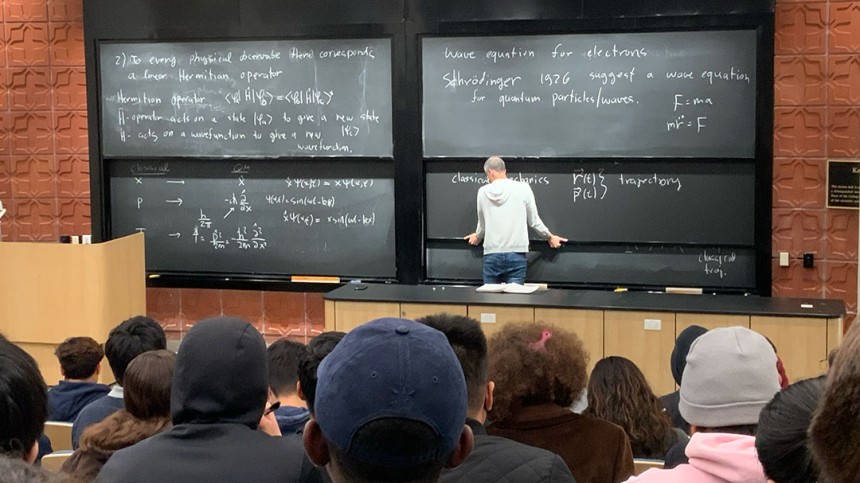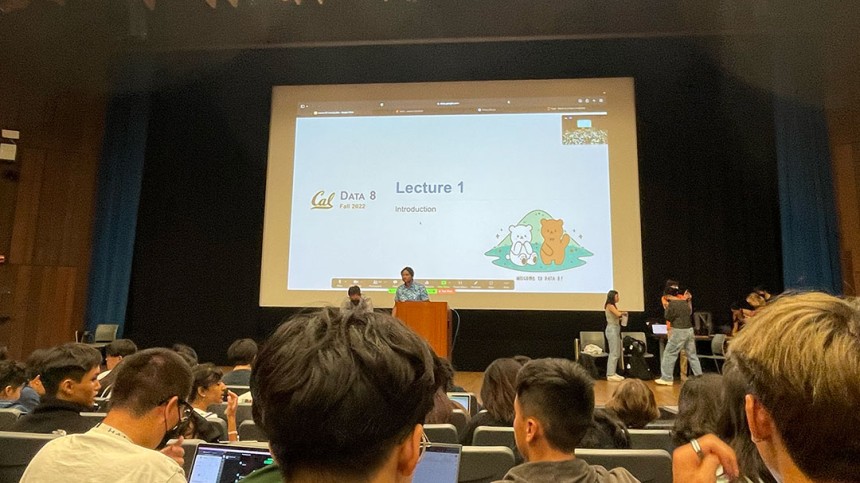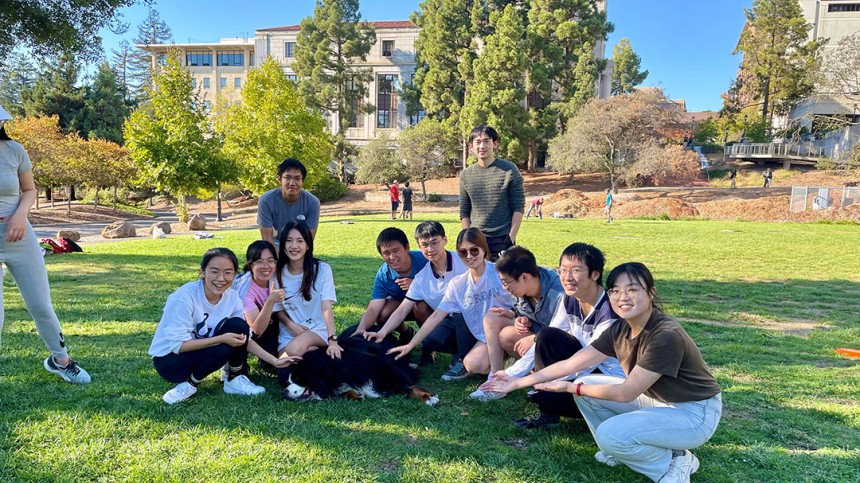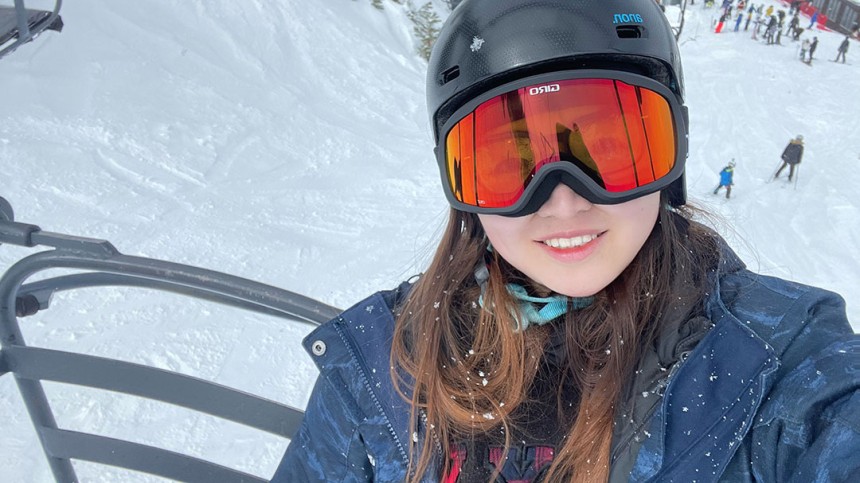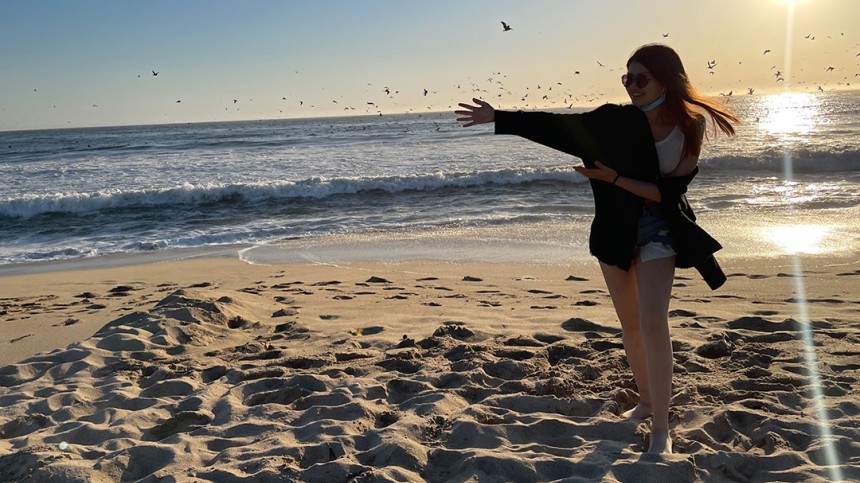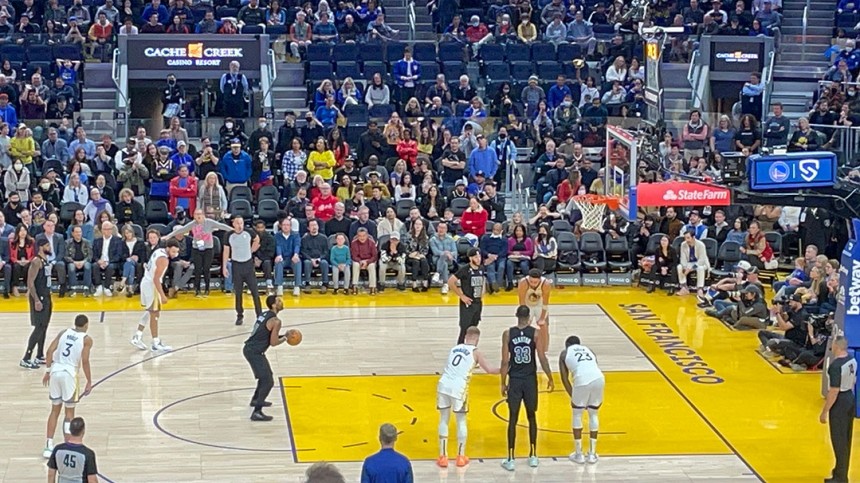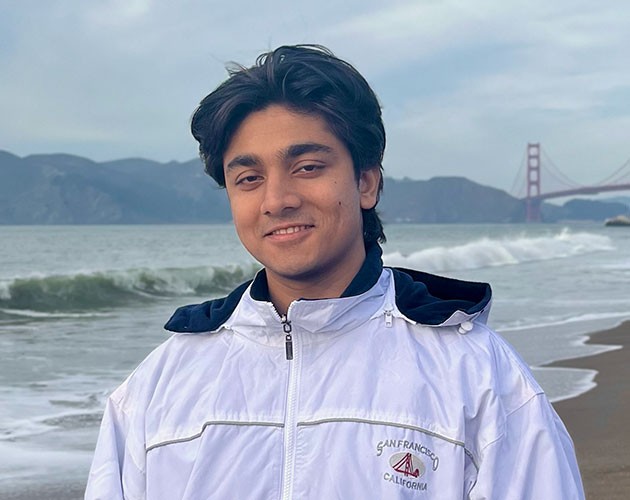Meet Summer Sessions, Berkeley Chemistry Visiting Student Program and Berkeley Global Access Program Student Sibble Zhang

In the summer of 2022, Sibble (Qidi) Zhang left her home university, The University of Hong Kong, to attend UC Berkeley’s Summer Sessions in order to jump-start her Berkeley visiting-student experience. A chemistry major, Sibble is a highly motivated student, enduring to excel in all of her academic pursuits.
It’s why she chose Berkeley—and continues to stay at Berkeley! During this Spring 2023 semester, we can find Sibble walking across our beautiful campus to attend classes through the Berkeley Global Access Program. And the semester before, Sibble was accepted into our Berkeley Chemistry Visiting Student Program.
How has the time here changed her? What has motivated her to extend her stay? And how is she making a difference at Berkeley?
Read on to find out.
What brought you to the Berkeley Summer Sessions program?
I was first admitted into the Chemistry Visiting Student Program for the Fall 2022 semester, but because the program didn’t start until August, I thought it would be great to come here early, take some courses and get familiar with the environment.
Also, during the summertime, there was a lighter course load and I would have some time to do research.
Which courses did you take during the summertime and how did they fit in with your major?
I was enrolled in the 8-week Session C, which had a minimum requirement of six units—though ultimately I took seven units. One of the courses was Organic Chemistry Laboratory. I was able to transfer credits back to my home university for this course.
I also chose courses not directly related to my major. Summer Sessions gave me the freedom to explore other fields that interested me. I took a very interesting course called Introduction to CRISPR, which talks about a technology developed by a Nobel Laureate, Jennifer Doudna, here in Berkeley.
I also took two courses related to social science and humanity. One of them was Introduction to the U.S. Legal System. The legal system here is very different from that in China and I think it’s important to understand the differences because laws build the foundation of a country. The other course was related to social issues, covering topics like Black Lives Matter, immigration and other global issues.
How are your Berkeley classes different from or similar to your home institution?
The first difference is that courses at Berkeley really emphasize how students can apply knowledge by themselves. For example, before each lab, we are given a very brief introduction. We have to do a pre-lab by ourselves, read all of the content and list all of the procedures—such as the agents to use, proposed observations and calculations. Therefore, a lot of preparation needs to be done before the lab.
I think it’s a great way of training because you feel like you are doing independent research. At the same time, the graduate student instructors are very accessible and provide all of the necessary support we need. I really learned a lot through this process.
The second difference is that for lecture courses, the workload is more evenly distributed among the whole semester: There are assignments with due dates to enhance your learning and monitor your progress.
Overall, I think the learning outcome is much better.
You then continued at Berkeley by studying in our Berkeley Chemistry Visiting Student Program. What drew you to that program?
I think everyone knows that Berkeley is a very prestigious institution, especially in subjects such as computer science and chemistry. I have always wanted to take some courses here and meet the amazing faculty and brilliant students. The learning environment here is quite good.
Due to the very intense environment because everyone is majoring in finance and business, I originally selected finance as my second intended major. However, after attending Summer Sessions and Chemistry VSP, I changed my mind. I think my second major will be in molecular biology.
During the chemistry program, did you take advantage of graduate school admissions counseling or peer mentoring?
I took the 1-unit Experiential Seminar, which was supervised by Mark Kubinec. I think it was very helpful.
We met once a week for an hour. During the session, we would have casual conversations about our learning experiences. The instructor also introduced us to information about the job market for chemistry majors. Moreover, he held graduate student panels where he invited three graduate students to share their experiences. He also facilitated industry panels, inviting other department faculty and people from Chevron to share the latest information about other fields. All panels offered very interactive experiences because we were able to ask a lot of questions.
You then added a third semester by continuing on in our Berkeley Global Access Program! What keeps you in Berkeley and why this program?
This program gives me the freedom to select any courses I want. Through my learning during the summer and the fall semesters, I found that I am very interested in the interface between chemistry and biology. I came to realize that I am lacking in the biology background and I really want to fill that gap.
The Berkeley Global Access Program gives me this opportunity. I am currently taking two courses in molecular and cell biology. I am also taking a computer science course to learn about python, which is also important in biochemical research.
Another interesting class I am taking is a DeCal course about web development, where I’m learning how to create a website using HTML, CSS and JavaScript.
Are you partaking in any research training?
Yes! Actually, I just got admitted into URAP—Berkeley’s Undergraduate Research Apprentice Program—today, which, as many people know, is a very prestigious research program and I will be doing research under the supervision of a professor in medicine and chemical biology.
Last semester, I had a very high workload with all my chemistry courses and some of them were graduate level, which kept me busy. For this semester in BGA, I selected courses that mostly happen in the morning so I can have the afternoon for research. I am very excited about that.
What experiences did you have outside of the classroom? Any highlights?
I actually have the chance to play basketball! This is amazing because I’ve had this dream since I was very young. In China, girls don’t really have a lot of chances to play because it’s mostly considered a boy’s game. After I came to Berkeley, I built up a girl’s basketball club. We are currently recruiting students.
Last week we had our first tryout. There were some girls joining us and most of them were visiting students from China. We really enjoyed the game! I think in the future we will build a team and maybe have inter-collegiate competitions.
I also joined Associated Students University of California (ASUC), working in the academic and pre-grad department of a Senator’s office. We work on gathering resources related to academics and graduate school applications, and come up with WeChat posts to share those resources with students.
I am also the only undergraduate core member of the CGPSA (Chinese Graduate and Postgraduate Scholars Association). We are currently planning events like an academic forum and a spring outing this March.
Another club I am in is BCSSA (Berkeley Chinese Students and Scholars Association), organizing a range of activities for Chinese students on campus, including but not limited to visiting students, undergraduates and graduate students.
My friends and I did a very long road trip to Las Vegas and then drove back from Death Valley, passed Mammoth Lakes, Lake Crowley and Yosemite, and back to Berkeley. There are a lot of interesting places to visit, and it’s very easy to rent a car and go on a road trip, even during the weekends.
What’s next for you?
I will probably stay for another Summer Sessions because my URAP research will continue through the summer. You know that research usually takes a lot of time!
After that, I will go back to my home university and prepare for graduation. In the near future, I will apply for a Ph.D. program in the U.S. My dream universities are Berkeley and University of California, San Francisco (UCSF), which are strong in medical research.
What are your top 5 things to do in Berkeley and San Francisco?
Try different foods here at Berkeley such as American, Chinese, Korean and Mexican.
Go to Calapalooza and join some clubs.
Visit San Francisco, take a walk near the beach under the sunset. It’s romantic!
Find a research group and take advantage of research opportunities.
Take road trips with your friends.
What advice would you give to someone who is starting their Berkeley program next semester?
Be outgoing and willing to reach out to different opportunities and different people—for example, your graduate student instructor and faculty. Talking with them helps you to be open to fresh ideas, opportunities and inspirations. It’s also very helpful to you in the long run, even for your personal life. So I would highly recommend that future students step out of their comfort zone, reach out to people and make connections.
